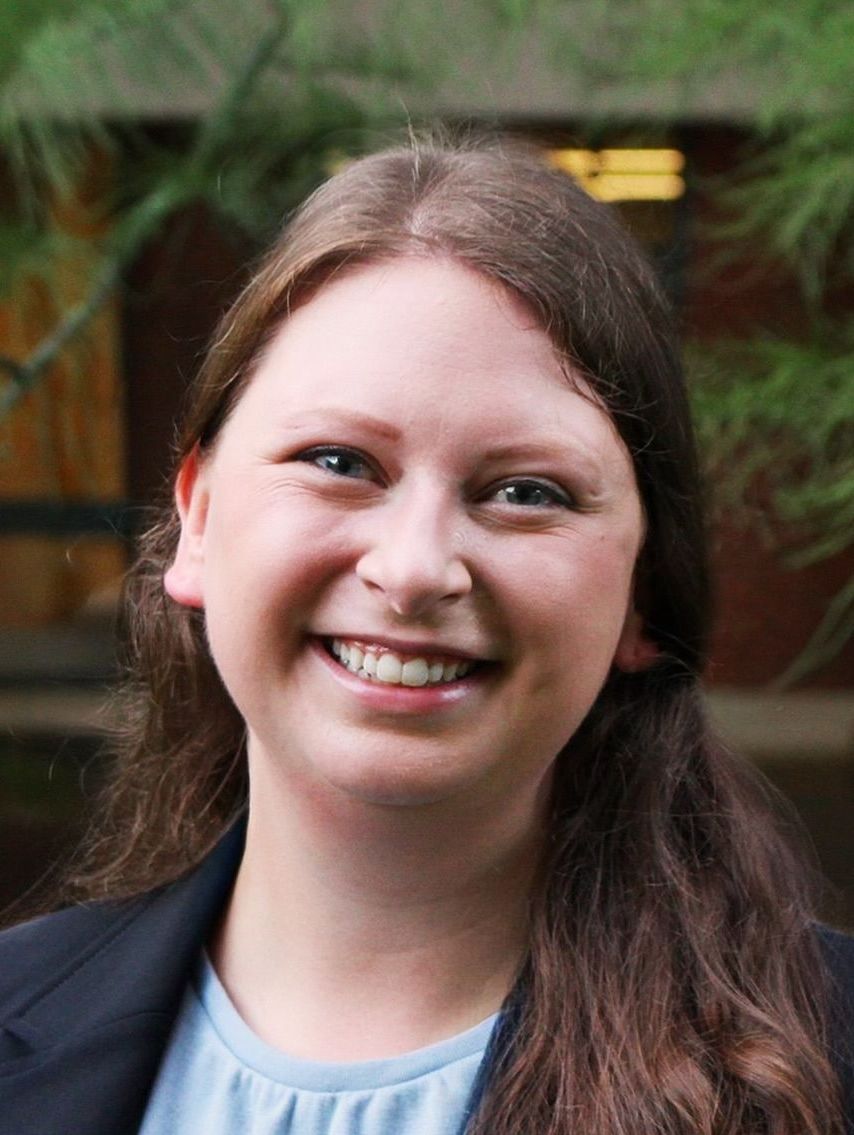
After working as a full-time intern for the U.S. Senate in Washington during 2020-2021, since beginning law school Elizabeth – originally from North Dakota – has interned back in her home state, for the North Dakota Attorney General and Federal Public Defender. For her, studying to become a lawyer was a long-held and natural aim. “I grew up around the law. My dad was a judge, and I spent a lot of time traveling with him. One of those travels was to a naturalization at which late North Dakota Attorney General Wayne Stenehjem was the keynote speaker. Later at lunch with him, he discussed his work and the law. Between the passion I saw between him and my father, I realized how exciting the law could be, so as a fifth grader, I decided to become a lawyer.”
Elizabeth credits her History studies at Catholic University in preparing her for law school in two ways in particular: instilling a passion for research, and honing writing skills, and singles out her senior thesis seminar taught by Dr. Thomas Cohen as especially formative. “My senior thesis was far and away the class that prepared me the most for law school. I took advantage of the freedom to write about anything to write about Judge Ronald Davies (who ordered the desegregation of Little Rock, Arkansas’s Central High School in September 1957), which exposed me to legal documents and opinions before I even really knew how to properly read them. More than learning some legal skills most law students develop the first two weeks, I learned how to lean into criticism rather than run away from it. Instead of making a mistake and trying to hide from it, Dr. Cohen teaches his students to learn from mistakes so you can learn how to improve. My advice to history majors interested in law school would be to take every class possible with him, and to lean into whatever criticism or praise he offers. The writing mentorship he provides his students is invaluable.
“Writing like a lawyer is not quite the same as writing like a historian. Learning to transition the skills you need and leave behind what isn’t helpful is a learning curve. I often think about Dr. Cohen and his many writing metaphors. When I receive strong criticisms, I remember that nobody bats 1.000, but you still try anyway. While doing archival research for my senior thesis, I discovered that there is a thrill in the pursuit of knowledge and evidence. I love that my future career is just that: pursuit of evidence for my clients. My experiences with Catholic University’s History Department gave me an appreciation for the thrills of research as well as the skills to navigate difficult evidence.”
Despite what might be stereotypes of the life of a law student, Elizabeth remarks that it can feel not too different from being an undergraduate, except that everyone is doing the same major. “I play a lot more softball now! I spend time with friends and I explore new hobbies and opportunities. Even though we’re all studying law, some students want to go transactional, others litigation, and still others into public service. So even though you’re all competing against each other in academics, you aren’t competing in career. There is a level of competition and collegiality that feeds into our mutual need for competition and success. The largest difference is every class is sort of like senior thesis, and every case is a new piece of evidence I have to fit into the puzzle of jurisprudence.”
Her advice to current students thinking about law school? “Take classes that are paper-focused rather than exam focused. Developing your writing process early on and learning to take written criticisms will serve you well as you move into the field of law. Work on your senior thesis over the summer, and consider researching something related to the law or legal history. Don’t be afraid to take a gap year (or a few!) before going to law school. There’s no rush, and it’s good to get work experience before going into graduate school. I took a gap year, and I’m very grateful that I did.”
